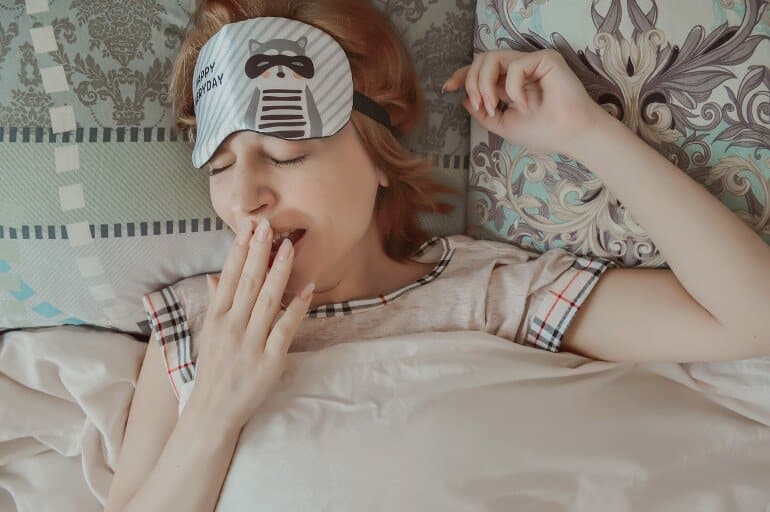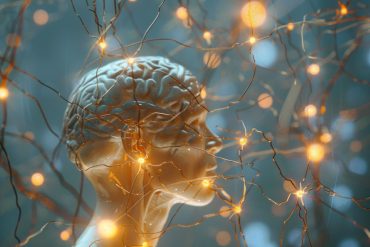Summary: Sleep disruptions caused by daylight savings time can lead to a range of health-related problems. Researchers provide tips on how to adjust your sleep patterns to compensate for daylight savings.
Source: UT Southwestern
If you’re feeling tired this coming week, don’t be surprised. Moving our clocks ahead one hour to shift into daylight saving time (which occurs at 2 a.m. Sunday) disrupts the body’s biological clock, affecting sleep patterns and how we function, according to a UT Southwestern Medical Center neuroscientist who researches circadian rhythms.
“It is well established that waking up an hour earlier adds to stress on our body and sleep deprivation,” said Joseph Takahashi, Ph.D., Professor and Chair of Neuroscience at UT Southwestern’s Peter O’Donnell Jr. Brain Institute. “Desynchronized body clocks are linked to health risks including heart attack, depression, and cancer.”
Dr. Takahashi, a Howard Hughes Medical Institute Investigator who discovered the first circadian gene in mammals in the 1990s, provides insight into how the time change can affect your health.
Does daylight saving time affect some people more than others?
Advancing our clocks in the spring has a greater effect on night owls, who tend to stay awake longer and consequently wake up later. Less affected are larks, or early risers. It’s important to be aware of your chronotype and to realize that advancing your clock will be harder if you are a night owl.
Why is the time change related to a higher risk of heart attacks?
The incidence of heart attack is highest in the morning. Since waking up one hour earlier adds to stress and sleep deprivation, these might contribute to an increase in heart attack risk.

What can I do to avoid health effects from the time change?
Try to maintain a consistent sleep schedule despite the longer daylight hours. Morning light exposure (ideally outdoors) will help you to reset faster. If you are a night owl, understand that the time change is likely to affect you and prepare to feel the effects until your body adjusts.
Dr. Takahashi holds the Loyd B. Sands Distinguished Chair in Neuroscience.
About this sleep research news
Author: Press Office
Source: UT Southwestern
Contact: Press Office – UT Southwestern
Image: The image is in the public domain






